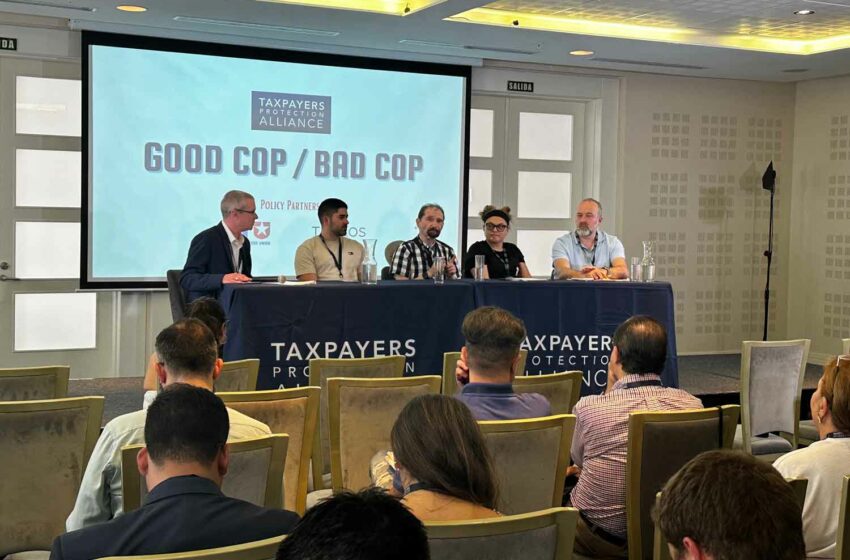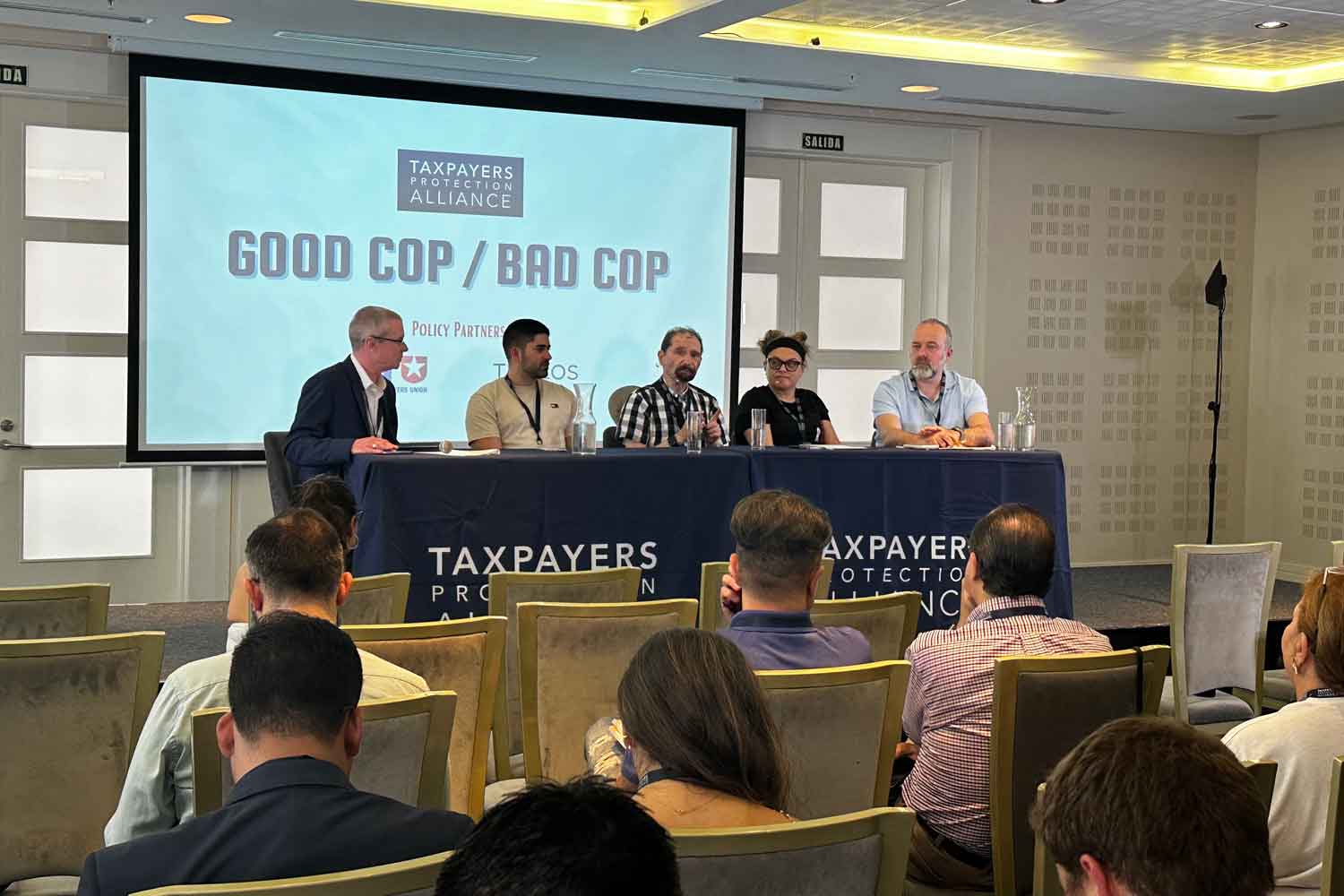
The Taxpayers Protection Alliance (TPA) submitted an amicus curiae brief to the U.S. Supreme Court in support of the Wages and White Lion Investments case, challenging the Food and Drug Administration’s regulation of e-cigarettes under the Family Smoking Prevention and Tobacco Control Act (TCA). The TPA argues that the FDA’s actions have been arbitrary, capricious and detrimental to public health.
The brief contends that the TCA’s standard for determining what is “appropriate for the protection of the public health” is unconstitutionally vague, providing insufficient guidance to regulated entities and delegating excessive authority to the FDA. This vagueness has led to unpredictable enforcement, adversely affecting both taxpayers and adults who smoke and are seeking safer alternatives to conventional cigarettes.
Furthermore, the TPA criticizes the FDA for failing to recognize the significant benefits of e-cigarettes as a smoking cessation tool, as acknowledged by leading health organizations such as Public Health England. According to the TPA, the TCA is clear on the need for the FDA to consider the impact of e-cigarettes on smoking cessation, yet the agency has abjectly failed to undertake this analysis. The TPA highlights the FDA’s stringent regulatory approach and high denial rates for new e-cigarette products, which the group says stifle market diversity and limit consumer choice, particularly harming adults who smoke and who might benefit from less harmful alternatives.
The TPA also notes the FDA’s disregard for market realities and consumer preferences, particularly the benefits of open-system e-cigarettes that allow for customization and have been shown to be more effective for quitting smoking.
The TPA urges the Supreme Court to uphold the 5th Circuit’s decision, affirming that the FDA’s regulatory approach under the TCA is arbitrary and capricious and violates due process. The TPA calls for a regulatory framework that adequately considers the benefits of e-cigarettes and gives regulated parties fair notice of how their products will be evaluated.





